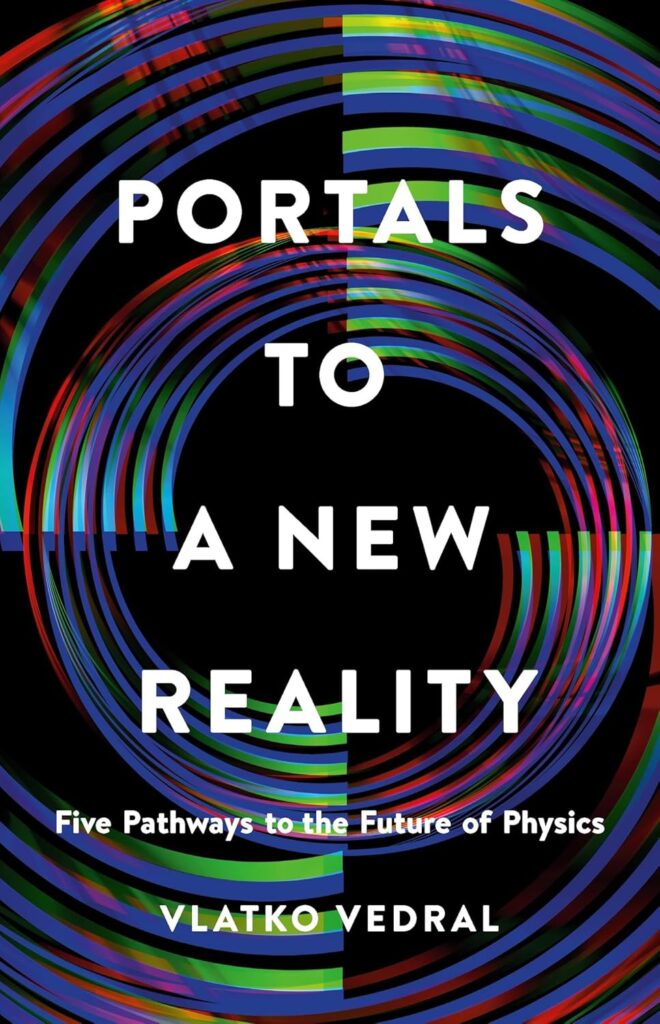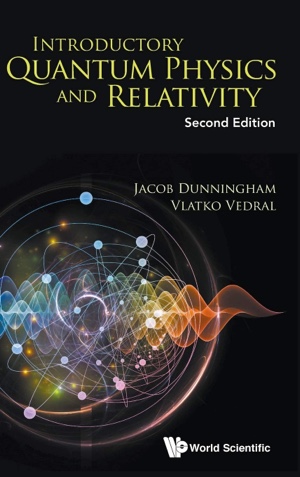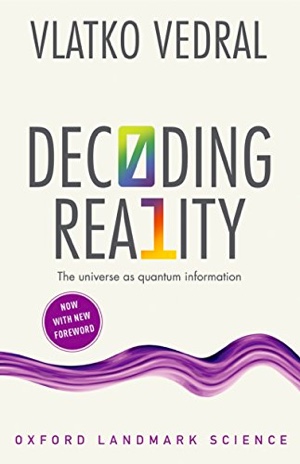Weak Measurements and Consciousness
I’ve been writing a great deal about quantum measurements and the fact that, in quantum physics, they are basically entangling operations. No need for collapse postulates or any non-linear modifications to the unitary dynamics. No quantum jumps or any other discontinuities.
It’s simplest to think about a measurement as a copying process of a state from one system to another (the latter is usually called an apparatus, but it needn’t be different to the first system). For instance, a billiard ball hits another stationary billiard ball. In a head-on collision, if the first ball is coming from the left, the second ball will move to the right after the collision and vice versa. Therefore, the state of the second ball could be said to be measuring the state of the first ball since the former imprints its state onto the latter through the collision. The collision is a “measurement process” and the second ball an “apparatus”.

Photo by Tomaz Barcellos: https://www.pexels.com/photo/billiard-balls-2017868/
The billiard ball example is a classical measurement (fully within Newton’s laws), but in quantum mechanics, copying generally leads to entanglement. Therefore, if an atom is in a superposition of moving to the left and right at the same time, and, if it hits another atom, then this other atom will inherit the state so that finally both will be moving to the left and to the right at the same time. And this is an entangled state (much like the one that Einstein Podolsky and Rosen imagined).
Perfect copying results in maximally entangled states and this is what we call a strong measurement. Schrödinger’s cat thought experiment is based on strong measurements: the atom is maximally entangled to the cat in the sense that when the atom has decayed, the cat is dead, and when it has not decayed, the cat is alive.
But, and this is where things get interesting, measurements do not have to be strong. This means that the states of the system to be measured are only imperfectly copied into another system. For instance, imagine that the state of the atom in one place is copied into a photon being polarized horizontally, while – at the same time – the state of the atom being somewhere else is copied into the photon being polarized at 45 degrees (which is an equal superposition of being horizontal and being vertical).
In this case the two states of the photon are not fully distinguishable. If we measure a horizonal state of polarization, it could have come from the photon being horizontal or being at 45 degrees. Only if we measure vertical polarization are we sure that the photon was polarized at 45 (because if the state was horizontal we could never measure it as vertical). So only in the latter case do we know where the atom is.
This kind of measurement is called weak. The entanglement between the atom and the photon in the above example is not maximal. In fact, weak measurements are strictly speaking those that generate very little entanglement.
So, what good are weak measurement if they don’t give us complete information? Well, think about wanting to know the position and the speed of an atom at the same time. Heisenberg says that can’t be done to an arbitrary accuracy. But, what if we do a weak measurement of both, so we simultaneously get fuzzy information about the position and some correspondingly fuzzy information about the speed? We then know neither perfectly, but the knowledge we have is better than nothing, and it doesn’t violate the uncertainty principle. We know that the position of the atom is in the ballpark of some location and its speed is within some reasonable range.
Another example. You are a quantum eavesdropper. Alice wants to send a qubit in some state to Bob and you’d really like to know the state she is sending. However, if you were to do a strong measurement, this could drastically alter the state that Alice is sending and Bob could then detect your presence. So, you measure weakly instead. Admittedly, you then don’t know the state exactly, but – and this is key – Bob may not be able to detect your interception. You might stay below the radar, while still managing to eavesdrop a bit at the same time.
And now a million-dollar question. What does our brain actually do? To me this seems like something we have no answer to at present. The “measurements” we are aware of we do give us definitive results, such as *this object is here and that object is there*. But, this does not necessarily mean that at the microscopic level our measurements are strong. Our engagements with the world look like they are made up of strong measurements, but maybe this is not the case. Perhaps we don’t care to resolve things perfectly (we almost certainly don’t, evolution only produces good-enough things) and we just have the sensation that we do – it’s the representation that our brain gives us of the world we see around us, sharp and clear.
None of this however would be as radical as what some people are suggesting. I am not one of those people (they are called “mind-body dualists”), but the field is wide open to investigation. Here is what dualists would say. Perhaps the mind is more than just a physical effect of the (quantum?) computation the brain does. At the most radical level, the mind could (so dualists say) actually affects physical outcomes to measurements. For instance, it could take something that is completely random according to quantum mechanics and make it less random. This already sounds amazing, but there is more.
If the mind could alter physics this way, it would actually also produce effects that violate various conservation laws. This is intuitively so for the simple reason that while the mind could act on the physical world, it would not be acted upon by the physical world (because it is beyond the laws of physics – by assumption, as far as the dualists are concerned). Much like Aristoteles’s “unmoved mover”, the mind would be the first cause of everything and never an effect of anything (clearly violating Newton’s “action and reaction”). It is for this reason that the chief of all dualists – Rene Descartes – said: “I think, therefore I am” (and not “I digest, therefore I am”).
I, on the other hand, am a Pantheist, in the sense of believing that “all is one and one is all”. Mind and consciousness are just physical things supporting and being supported by physical processes. But I do think the question of who’s right, the dualists or a multitude of other views, is one of the most exciting questions we humans are facing at present. Have the 400 years of the scientific progress brought us any closer to understanding one of the key aspects of what makes us human? I should hope so and I also hope to be genuinely surprised by the outcome.
Sign up to my substack
BOOKS
ASK ME ANYTHING!
If you'd like to ask me a question or discuss my research then please get in touch.





